7 White Beauty Other Than Taj Mahal In India
)
The Taj Mahal, located in Agra, India, is a stunning white marble mausoleum constructed by Mughal Emperor Shah Jahan in memory of his beloved wife, Mumtaz Mahal. India is filled with such beautiful monuments and here are some other than the Taj Mahal.
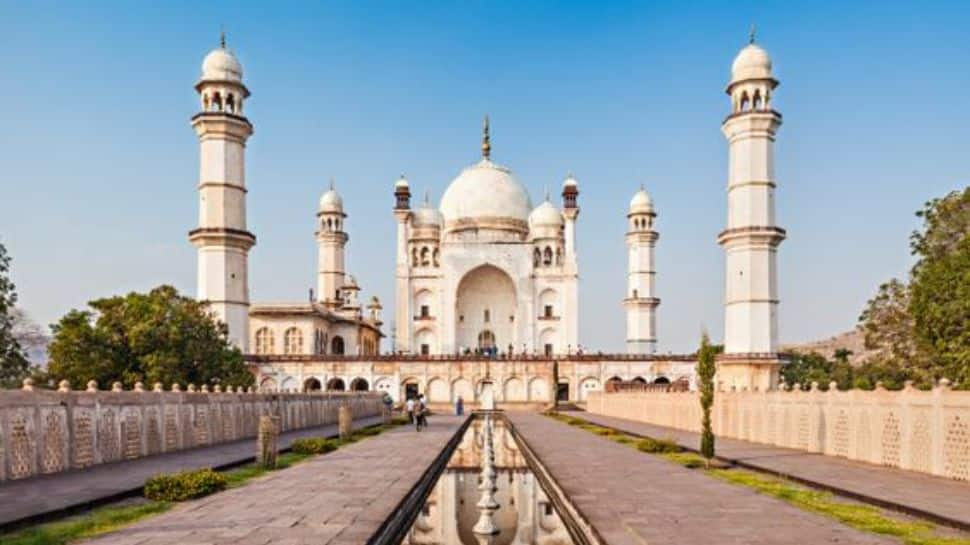
Bibi Ka Maqbara, also known as the "Taj of the Deccan," is a 1678 Mausoleum in Aurangabad, Maharashtra, built by Azam Shah in memory of his mother Dilras Banu Begum. Despite its smaller scale and unique design, it stands as a symbol of Azam Shah's love and devotion.
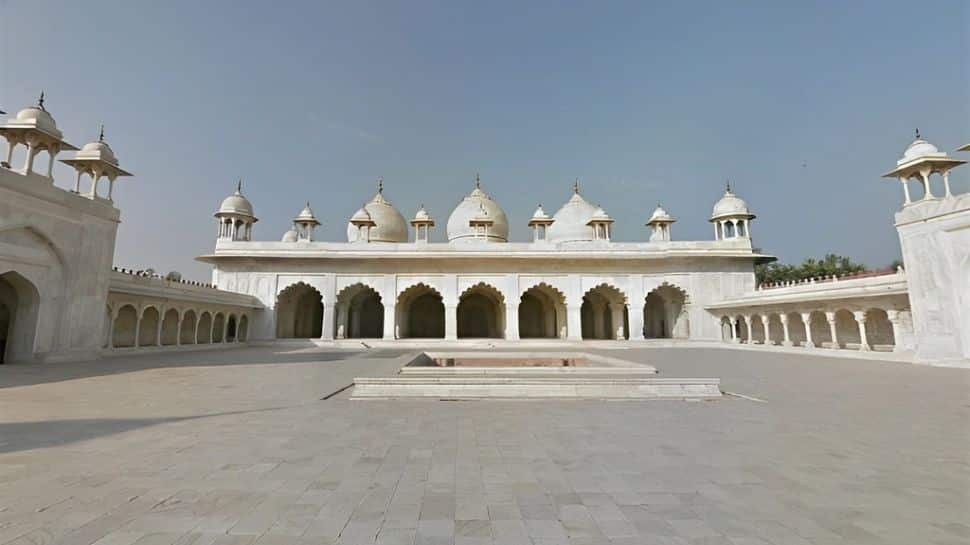
The Moti Masjid, a white marble mosque built by Mughal Emperor Shah Jahan between 1648 and 1654, is a hidden gem within the Agra Fort complex. Named after its gleaming marble appearance, it reflects purity and spirituality associated with worship.
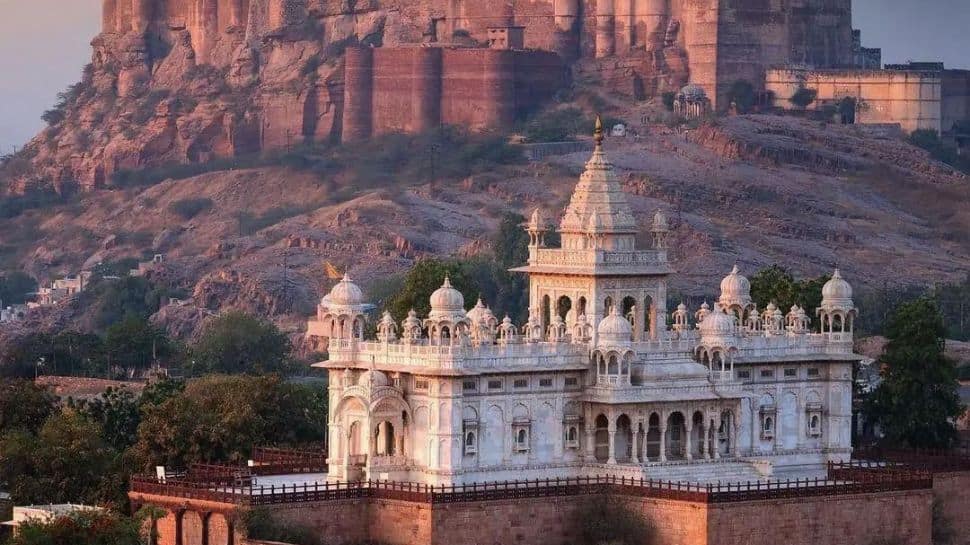
Jaswant Thada, a white marble cenotaph in Jodhpur, Rajasthan, is a beautiful example of Rajput architecture, built in 1899 by Maharaja Sardar Singh in memory of his father. Surrounded by gardens and a lake, it features historical portraits of Jodhpur rulers.
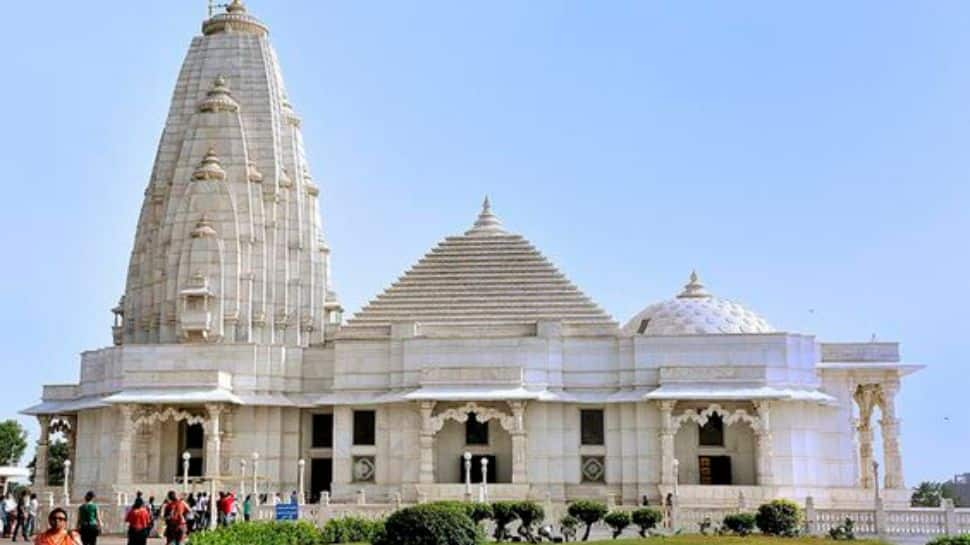
Birla Mandir, also known as Laxmi Narayan Temple, is a modern Hindu temple in Jaipur, Rajasthan, dedicated to Lord Vishnu and Goddess Lakshmi. Built in 1988, it features intricate carvings and is surrounded by lush gardens, making it a popular tourist destination.
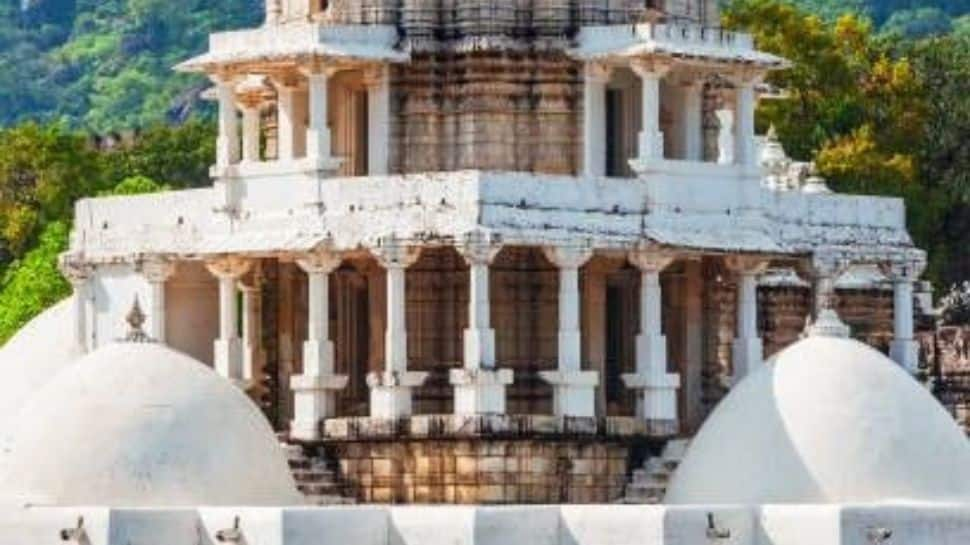
The Dilwara Temples in Rajasthan, a group of five Jain temples, are renowned for their intricate white marble carvings, built between the 11th and 13th centuries. Dedicated to different Tirthankaras, the temples offer a serene atmosphere and stunning architecture, making them a must-visit for history and art enthusiasts.
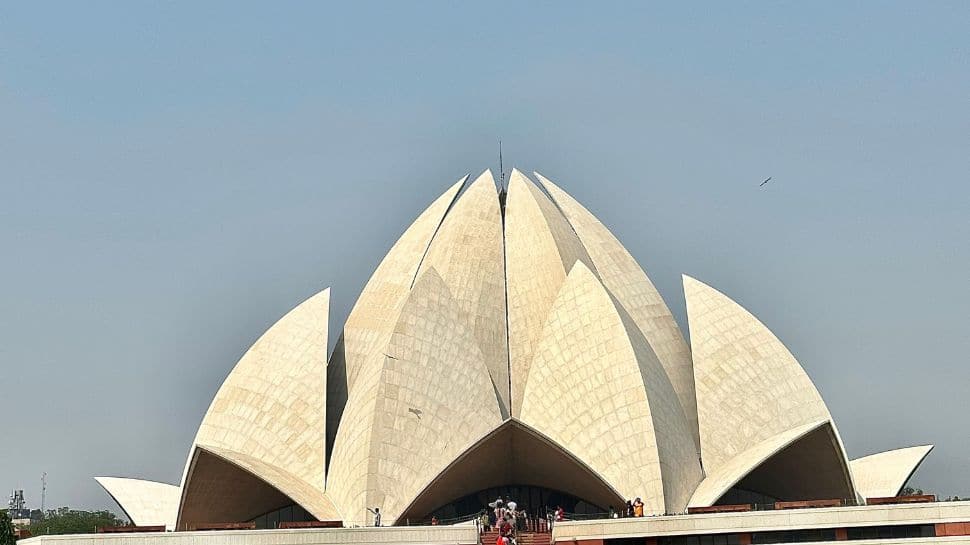
The Lotus Temple, a white marble architectural marvel designed by Iranian architect Fariborz Sahba, symbolizes purity and peace. Complemented in 1986, it features 27 marble petals on nine sides, open to all religions, and has won numerous architectural awards.
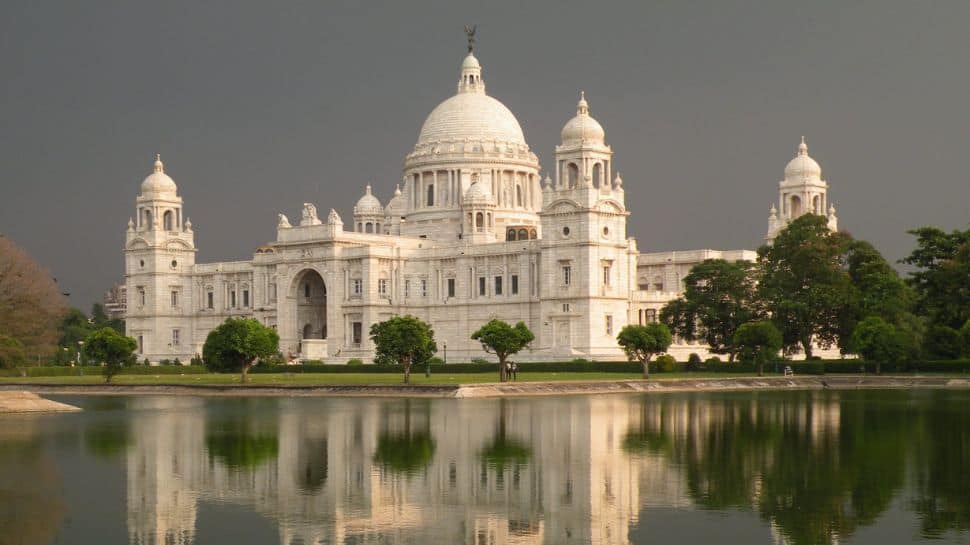
The Victoria Memorial in Kolkata, designed by Sir William Emerson, is a grand white marble structure combining British and Mughal architectural styles. Surrounded by gardens, it houses an extensive collection of British Raj-era artifacts and historical documents.

